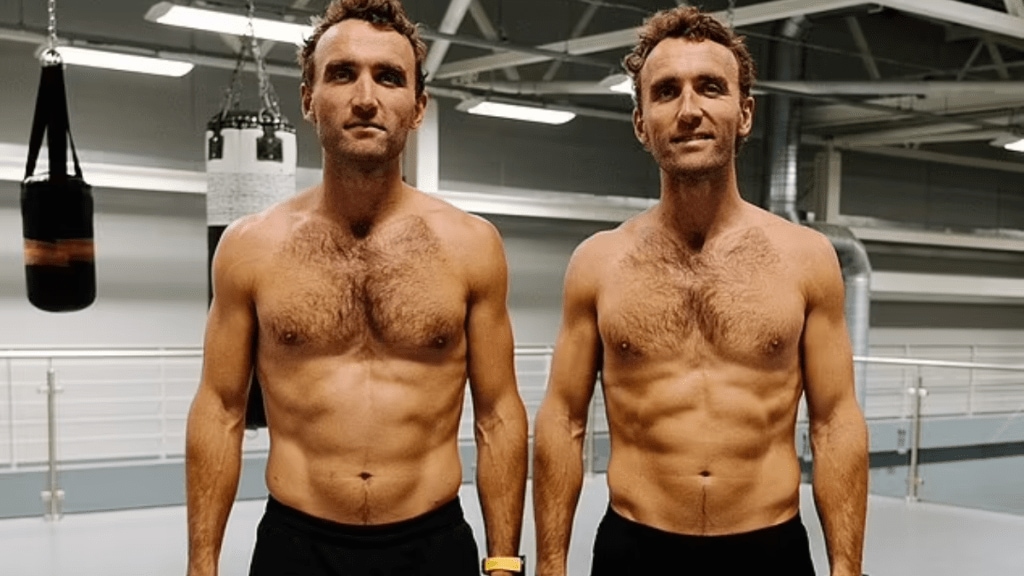In a small village in Devon, UK, a real-life science experiment may be reshaping how we think about nutrition. Adventurer twins Ross and Hugo Turner have once again turned themselves into human test subjects—this time to pit vegan supplements against traditional animal-based vitamins. The outcome? Plants may have taken the lead.
Over six months, the 36-year-old twins followed identical routines: same meals, same workouts, same sleep. The only variable was their supplements—Hugo took vegan versions, sourced from sea algae and other plant-based ingredients, while Ross consumed traditional animal-derived options.
At the end of the experiment, Hugo’s bloodwork was clearly stronger. According to Daily Mail, his Omega-3 and vitamin D3 levels were noticeably higher than Ross’s.
“We both thought the differences would be marginal,” Ross shared in an Instagram video. “But by the end, the bloodwork didn’t lie.”
The findings challenge the widespread belief that nutrients like Omega-3 fatty acids and vitamin D3—typically found in fish or animal-based sources—can only be effectively absorbed through animal products. Hugo’s results suggest plant-based sources like seaweed may be just as, if not more, effective.
A History of Human Lab Work
The Turner twins aren’t new to self-experimentation. In 2020, they went viral for a side-by-side trial of vegan vs. omnivore diets, which showed faster fat loss and higher energy levels for the vegan twin. They’ve also tested carb-heavy vs. fat-heavy diets and short vs. long workouts, often producing unexpected results.
Their consistent method—controlled, twin-based trials—offers a unique glimpse into how nutrition affects the body, free from many of the confounding variables that plague typical studies.
Why It Matters
With more people turning to plant-based diets for ethical, environmental, and health reasons, questions about supplement efficacy have become increasingly relevant. According to recent data, nearly 600,000 people in the UK follow a plant-based diet, and one in three households use dairy alternatives.
This twin-led experiment adds new weight to the conversation—suggesting plant-based supplements not only work but might outperform traditional options in key nutrient absorption.
With rising global allergy rates and increasing dietary restrictions, the need for effective, inclusive nutrition is more urgent than ever. And if the Turner twins are any indication, the future of wellness may be powered by plants.

